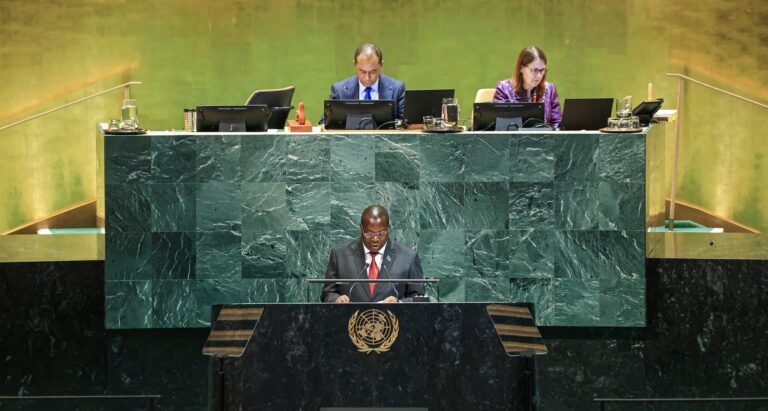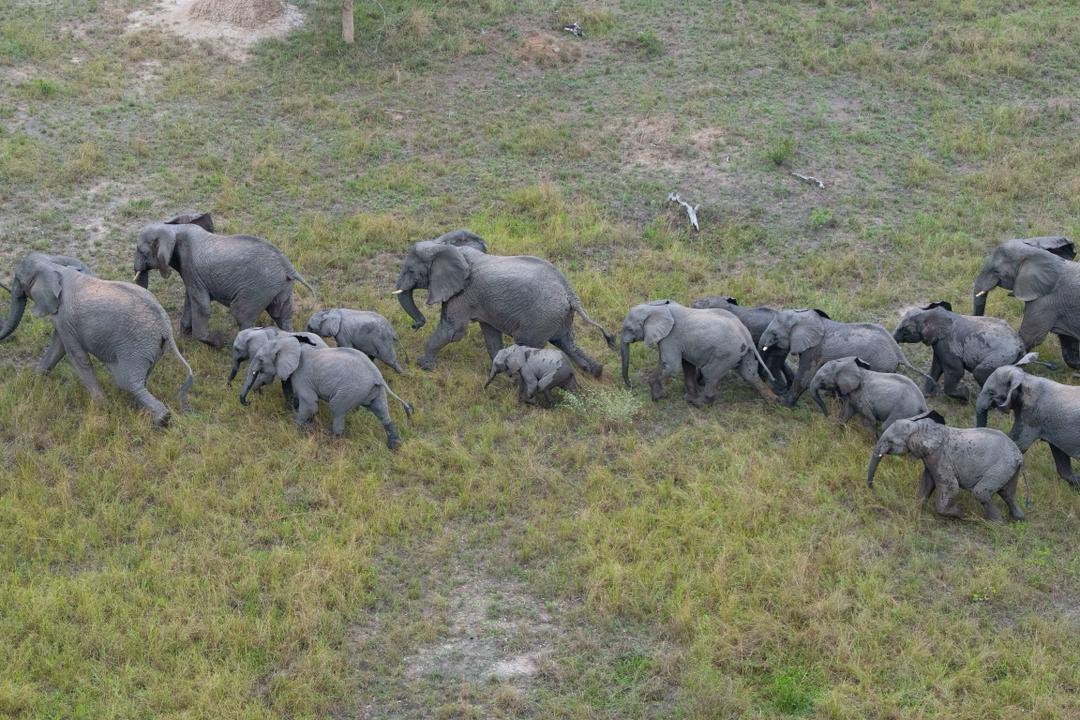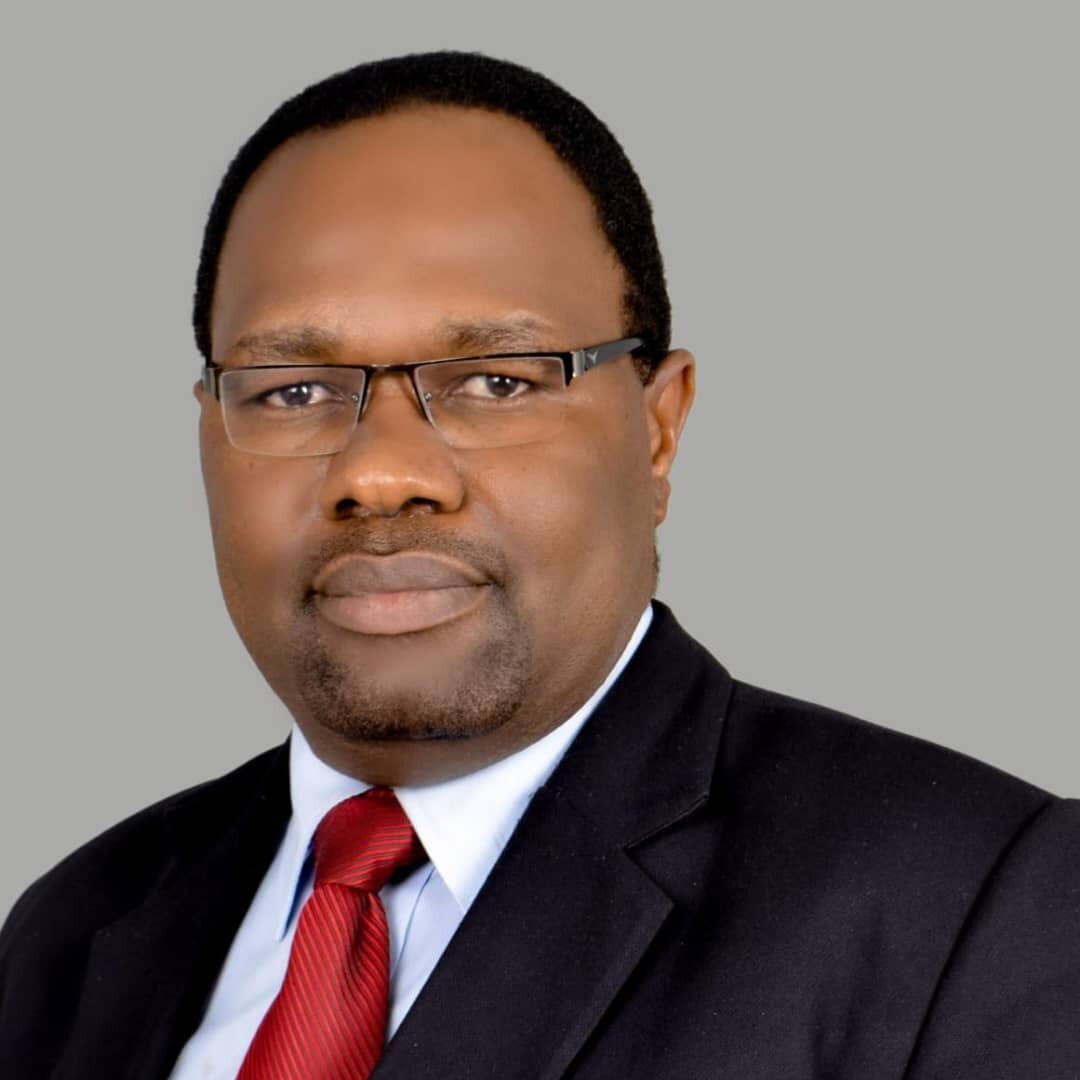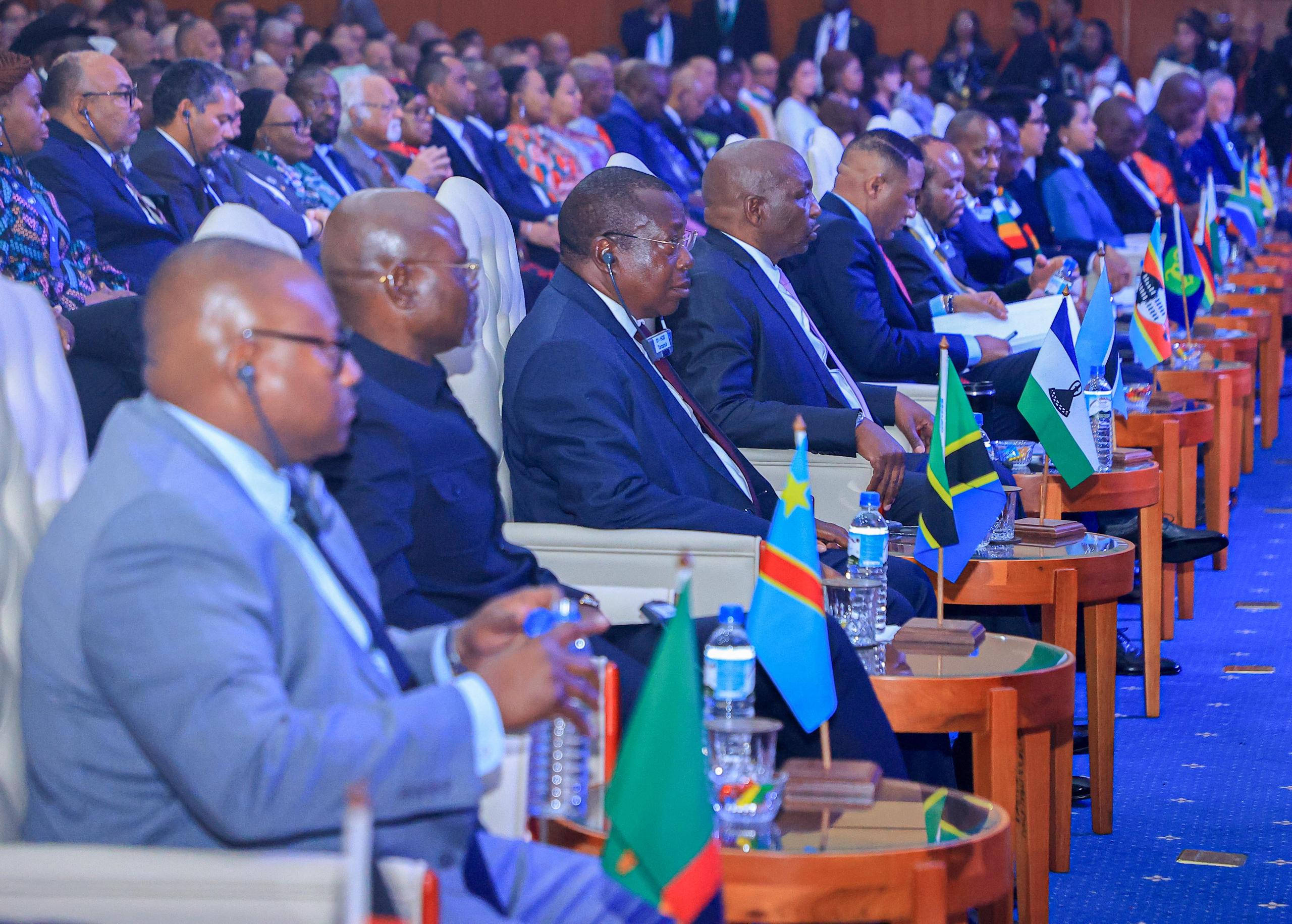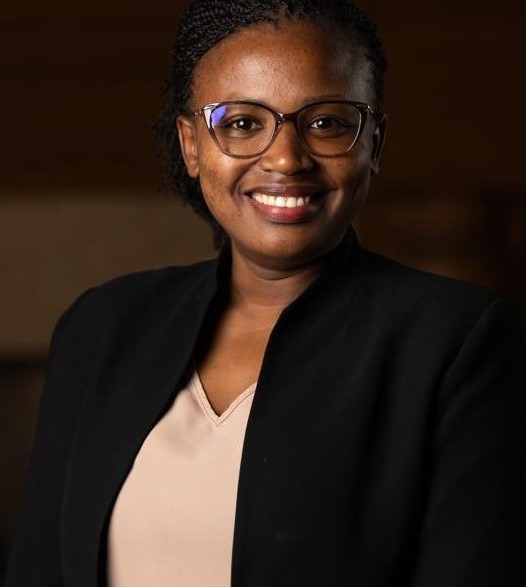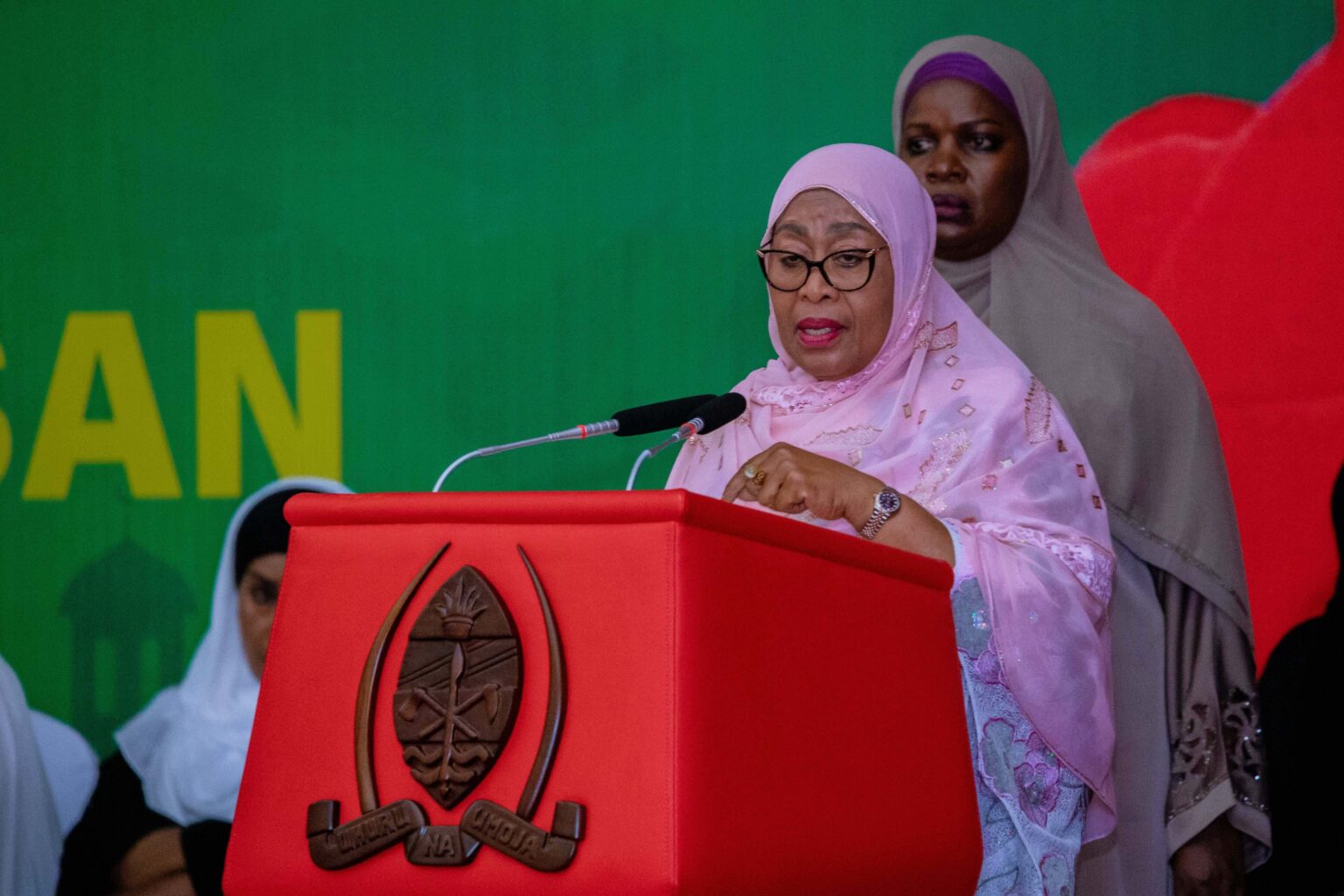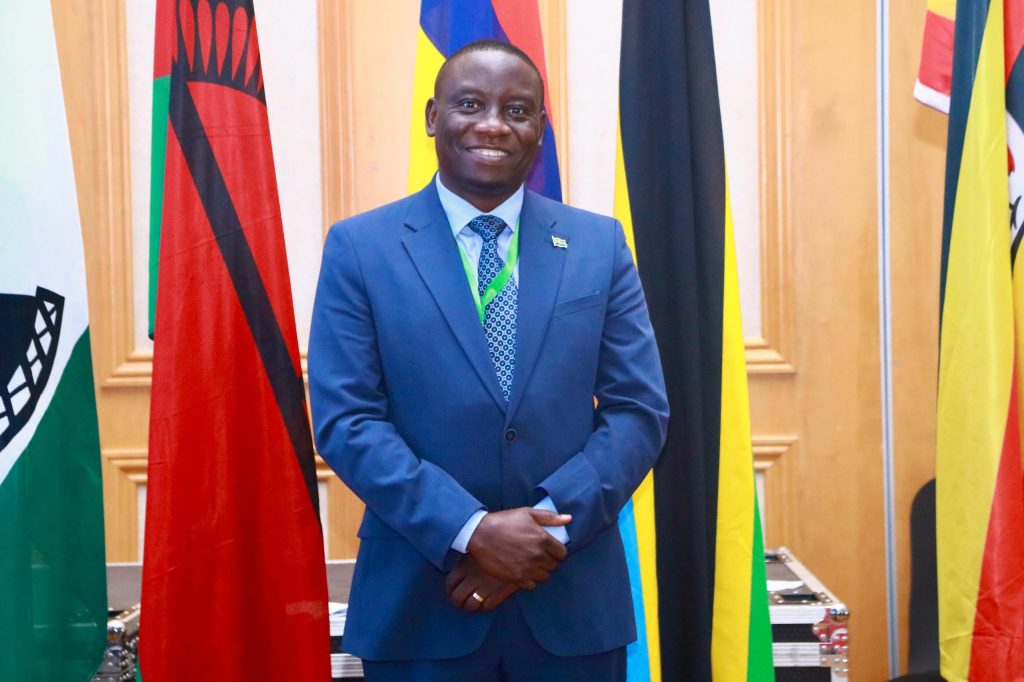New York, United States. Tanzania has strongly condemned the resurgence of violations of international law and the growing tendency to use force as a means of resolving conflicts, warning that such actions perpetuate gross human rights abuses, particularly against women, children, the elderly, and the sick in conflict zones.
Vice President Dr Philip Mpango delivered the statement on behalf of Tanzania during the 80th Session of the United Nations General Assembly held at the UN Headquarters in New York on September 26.
He said the world must decisively end imperialistic attitudes that view Africa as a source of resource extraction and land grabbing, alongside the continued exploitation of the continent’s natural wealth by multinational corporations—often fuelling or supporting conflicts for profit.
Dr Mpango described unilateralism, misuse of military power, and the failure of the international community, especially the world’s most powerful nations, to stop the bloodshed and dangerous wars raging in various parts of the world as unacceptable.
He further expressed dismay at the increasing global spending on military activities, including research and the manufacture of weapons, terming it morally wrong and counterproductive.
According to him, excessive military expenditure diverts vital resources that could otherwise advance sustainable development and human welfare.
The Vice President urged nations to persist in the pursuit of peace, which he termed a prerequisite for social and economic development.
He commended the ongoing efforts of the UN Secretary-General, world leaders, and humanitarian agencies engaged in peace mediation and conflict resolution in regions such as eastern Democratic Republic of Congo, Sudan, Russia, Ukraine, and the Middle East.
He also called for the full participation of women in peace processes, noting that the world is this year marking 30 years since the Beijing Declaration, which advanced gender equality and women’s empowerment.
Highlighting Tanzania’s commitment to gender equality, Dr Mpango said President Samia Suluhu Hassan, the country’s first female Head of State, has set a clear example through policies and actions that promote women’s participation in all sectors of society.
Regionally and globally, he noted, President Samia has been a champion of peace, justice, security, and clean energy.
Dr Mpango underscored Tanzania’s active role in regional peace and security initiatives, both as a member of the African Union Peace and Security Council and during its tenure as Chair of the SADC Organ on Politics, Defence and Security Cooperation.
He said Tanzania’s contribution to mediation and conflict prevention underscores its dedication to regional stability.
He reaffirmed Tanzania’s commitment to global peace by announcing the country’s candidacy for a non-permanent seat on the United Nations Security Council for the 2029–2030 term.
The Vice President reiterated Africa’s long-standing demand for reform of the Security Council to address the continent’s under-representation, urging the allocation of at least two permanent seats for Africa, with full veto powers.
He also joined other nations in calling for urgent and comprehensive reforms of the international financial system to make it more inclusive and fair.
Dr Mpango proposed increased concessional and long-term financing, reforms of credit rating mechanisms, and a review of debt sustainability assessments to facilitate investment in infrastructure, education, health, and climate resilience.
He further pressed for greater African voice and representation within the governance structures of the International Monetary Fund and the World Bank.
On sustainable development, Dr Mpango noted Tanzania’s significant progress in implementing the 2030 Agenda for Sustainable Development, achieving 60 percent of its targets.
He cited notable gains under Goal 3, where maternal mortality declined from 750 deaths per 1,000 live births in 2000 to 104 in 2022.
Under Goal 6, access to clean and safe water rose from 32 percent in rural areas and 55 percent in urban areas in 2000 to 79.9 and 94 percent respectively in 2024.
On Goal 7, access to affordable clean energy expanded substantially, with 12,318 villages connected to electricity by 2024—leaving only 15 villages yet to be electrified.
Dr Mpango urged the international community to strengthen collective action in addressing climate change.
He called for meaningful outcomes at the upcoming COP30 Summit in Brazil, including full implementation of pledges to the Loss and Damage Fund, expanded concessional financing, technology transfer, and fair trade practices to boost domestic revenue mobilisation and ensure mutually beneficial utilisation of natural resources.
He concluded by reaffirming Tanzania’s unwavering belief that peace remains the foundation upon which humanity can build a just, prosperous, and sustainable world.

